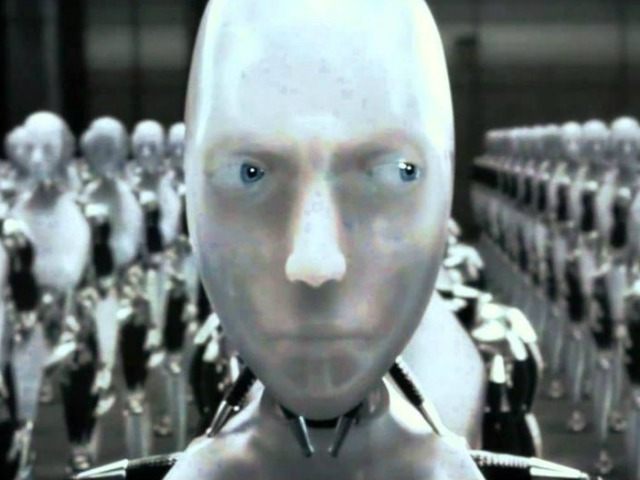More than 4,000 Americans were surveyed about the ever-increasing presence of robots in our daily lives, with over 70% expressing concern over robots replacing humans.
The Pew Research Institute presented four points for evaluation by respondents. They addressed the rise of wholly self-driving vehicles, the replacement of human workers with automated equivalents, a computer that could autonomously decide who to hire for a given job, and even robotic caregivers.
According to the survey, 76% fear that job automation will increase inequality — the same percentage as those who strongly oppose allowing robots to make hiring decisions. 75% believe that the jobs lost to machines will not be adequately replaced. 72% are worried about prospects in a future dominated by robots, while just 33% are enthusiastic.
Respondents were split on driverless cars, with only 54% in favor of the idea. 56% would not take a ride in one, given the choice. 30% believe that they will result in an increase in fatal accidents.
Aaron Smith, author of the research, pointed out a stark divide between the attitudes of white and blue collar workers:
White collar workers see tech as something positive that helps them get ahead and has improved their opportunities for career advancement, giving them agency to do their jobs better, make more money and get promotions. When we asked the same questions of working class folk, you don’t get the same sense that it’s something that is helpful to them or improves access to career opportunities.
He said that “the American public does not buy the notion that it will be good for everyone.” Americans believe that “a small number of people [will] do well and everyone else loses their jobs to the robots.” It turns out, they may be right.
Follow Nate Church @Get2Church on Twitter for the latest news in gaming and technology, and snarky opinions on both.

COMMENTS
Please let us know if you're having issues with commenting.